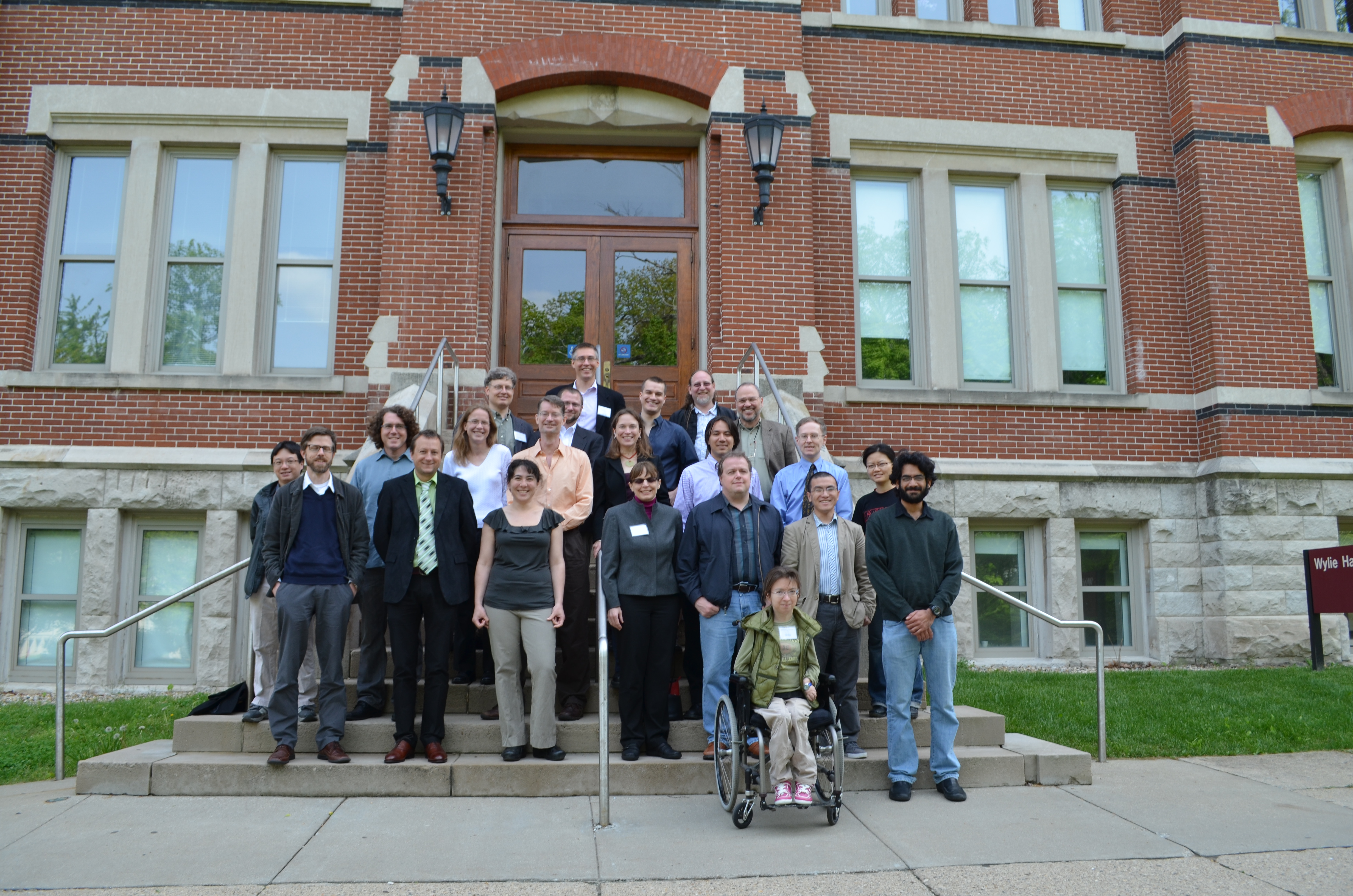As Steve and Manyul announced last month, with each new issue of Dao the blog will host a discussion of one of the issue’s articles, and the journal will make that article freely available online. Here I’m kicking off the series with a discussion of Loy Hui-chieh’s “On the Argument for Jian’ai” (Dao 12.4, available here).
Loy’s article treats the Mohists’ main argument for inclusive care (jiān ài 兼愛), focusing on the role played in it by appeals to virtues such as filial piety that are inevitably partial. Fundamental to his treatment is the view (which I share) that inclusive care did not require absolute impartiality—it did not imply that we have equal obligations to all people, or that we should treat them the same, or feel the same about them. Loy thus undermines one common sort or argument against the Mohists, that inclusive care is incompatible with the partial virtues and is therefore morally dubious. However, this does not mean that the Mohists’ own appeals to the partial virtues succeed, and Loy goes on to argue that they do not. I’ll sketch Loy’s argument, and then make critical comments on two points.


